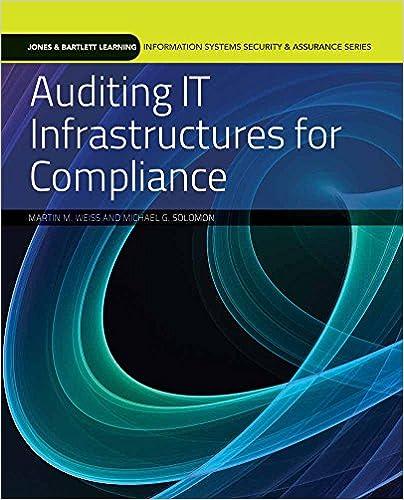



Downsize only as last resort, employers told PETALING JAYA: Downsizing may be inevitable in hard times but companies should only take this path as a last resort, says a labour law expert. Datuk Thavalingam Thavarajah said with the current uncertain situation, companies must know how to properly manage a retrenchment exercise. "The legal principles are established on retrenchment and redundancy. It's important to engage not only with the stakeholders, who are the workers and unions, but also relevant authorities like the Labour Department and Socso," he said. He was commenting on the Human Resources Ministry's latest guidelines that allow employers affected by the Covid-19 pandemic to retrench workers, provided they acted fairly and in accordance with regulations related to retrenchment The Star reported yesterday that the number of people reporting a loss of jobs and seeking aid under Socso's Employment Insurance Scheme (EIS) had risen substantially in March even before the movement control order (MCO) to contain the spread of Covid-19 was implemented on March 18. According to data, the loss of employment (LOE) numbered at 4,917 between March 1 and 29. The highest recorded was on March 16 with 428 cases. Thavalingam suggested that companies work on keeping themselves afloat to provide workers with employment security. "Companies and breadwinners need to survive and be sustainable in trying times like this," he added. He said the termination of workers' employment contracts did not arise at this juncture because the MCO was not for an indefinite period. "The laws on salary payments to workers during the MCO are clear. So when the MCO is lifted, companies should first cut costs to stay afloat. "This includes measures like freezing new recruitment, cutting unnecessary expenses through new ventures and cutting down overtime. "If these fail, companies can engage and get consent from employees when implementing flexible work hours, temporary layoffs or even mandatory pay cuts across the board," he said. For companies in dire straits and cannot wait to take further cost-cutting measures, Thavalingam said this could be a genuine case to downsize the workforce. He said companies that have been in the red before the MCO might have no alternative but to retrench. "The ministry recognised this in their recent FAQ that the same must be done in accordance with the established guidelines, such as cost-cutting measures having first failed," he said. For companies that could still manage during this period, he said it would be prudent to take cost cutting measures so that when the MCO was over, the company would be in a better position to assess the situation. When retrenchment becomes inevitable, Thavalingam said companies must pay the legal dues to the affected employees, such as salary in lieu of notice and retrenchment benefits where applicable. In the final analysis, he called for a "human touch" in retrenchment. "Employers should try to assist retrenched workers by setting up a help desk to provide assistance such as employment insurance claims, career opportunities in other organisations and psychological support, where possible," he said. Thavalingam said the Human Resources Development Fund (HRDF) could also play a significant role in providing training to re-skill laid off workers. "What will happen after the MCO? We have to move forward and this is the time to retrain and re-skill workers," he added. Malaysian Trade Union Congress (MTUC) president Datuk Abdul Halim Mansor said some employers had forgotten about the government's previous help after making profits from their businesses. "It is only for two weeks that the government has asked them to help the workers, " he added. He appealed to companies to prioritise the workforce. There should be a formula by the government to ensure companies operate as usual by providing employment security and work safety according to the law, he said. Source: The Star, Saturday, 04 Apr 2020 Question 1 Due to Covid 19 pandemic, your boss had asked you to carry out retrenchment of some employees. As a Human Resource Manager, explain how you will carry out the retrenchment exercise. (50 marks) Lifo Inform all employees Salary in lieu of notice Retrenchment benefits EA/CA - Counselling - psychological support Employment insurance scheme career opportunities in other organisations Re-skill training Inform Labour department - - Question 2 Explain four (4) measures to be taken before a retrenchment to avoid retrenchment (50 marks) freezing new recruitment, - cutting unnecessary expenses through new ventures - cutting down overtime. Reduce shift flexible work hours, temporary layoffs or even mandatory pay cuts across the board










